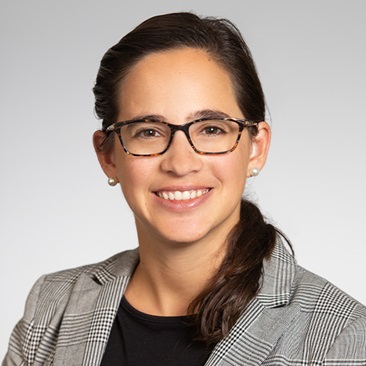Educational Attainment and Perceived Need for Future ADL Assistance
Julia M. Finan, Scott D. Landes
Journal of Applied Gerontology, January 2024
The current study examined whether educational attainment was associated with perceived need of assistance with future activities of daily living (ADL) among middle-aged and early older-aged adults in the United States. Data for 54,946 adults aged 40–65 years from the 2011–2014 National Health Interview Survey (NHIS) were analyzed using ordered logistic regression.
Adults with more education will on average need less ADL assistance than adults with less education. Paradoxically, this study found that higher levels of formal education were associated with perceiving more need for future ADL assistance. This association was also found to vary between males and females.
Building knowledge of long-term care planning into existing public educational structures and providing this knowledge to adults no longer involved in the formal educational system through medical providers may lead to better anticipation of future care needs.
Related News
Research

Dec 19, 2024
Commentary

Dec 18, 2024
Research

Dec 18, 2024
Research

Dec 16, 2024
